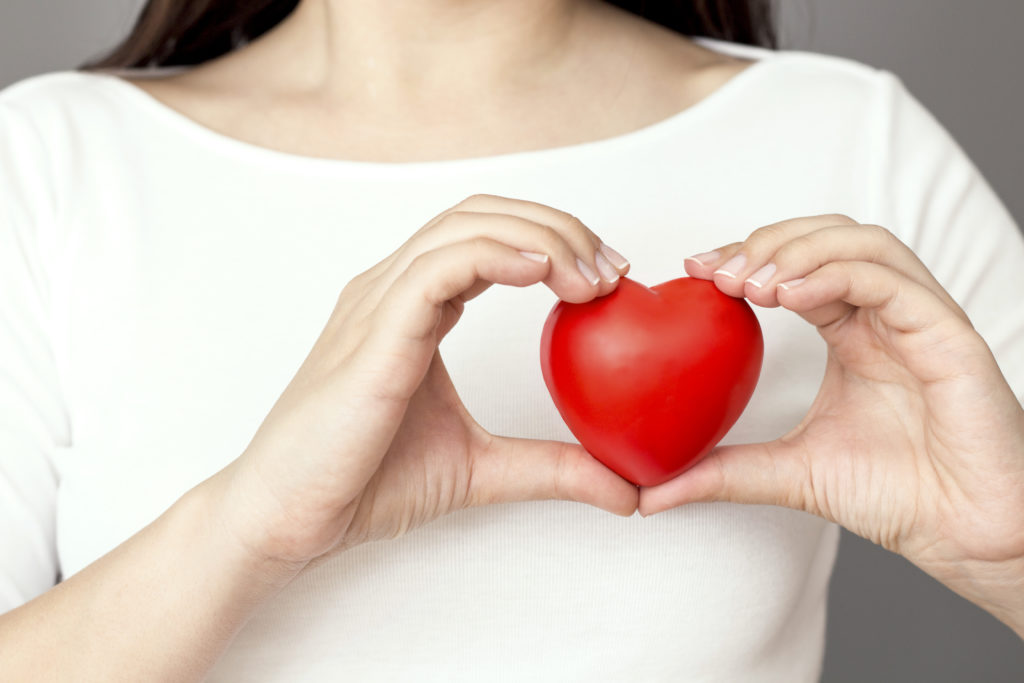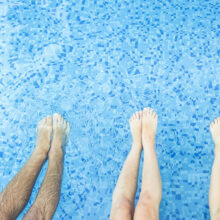Blood Pressure Management Tips: Small Lifestyle Adjustments Anyone Can Make
- Published: Wednesday, May 11th 2016
- in Living Well
When we think of blood pressure, we often envision an elderly person with a sphygmomanometer wrapped around their extended arm. Yet, statistics show 1 out of 3 adult Americans (about 67 million people, according to the CDC) have high blood pressure. Increased blood pressure makes your heart work harder to pump blood, consequently increasing one’s risk for heart attack or stroke. This “silent killer” doesn’t always show symptoms, so it is important to get checked regularly and understand your family history. There are also ways to adjust your lifestyle to cope with high blood pressure instances and also keep your heart and arteries healthy. Here are tested and true lifestyle tips that help everyday people manage their blood pressure.
CDC Tip: Reduce stress. (Or in other words, chill out.)
Muse on music.
“Music has been used to influence physical, emotional, cognitive, and social well-being and improve the quality of life for healthy people as well as those who are disabled or ill. Therapy may involve either listening to or performing music, with or without the presence of a music therapist. Music therapists are professionally trained to design specialized applications of music according to an individual’s needs using improvisation, receptive listening, song writing, lyric discussion, imagery, performance, and learning through music. The relaxation response is a physiological state that speeds up many of the body’s healing responses. Relaxation leads to reduced heart rate, blood pressure, and tension, as well as many other beneficial changes. Music therapy has been shown to cause relaxation.” – Wellness Evidence.
Give transcendental or mindful meditation a try.
“Findings suggest that in GAD, mindfulness training leads to changes in fronto-limbic areas crucial for the regulation of emotion; these changes correspond with reported symptom improvements.” – PubMed.
“…researchers concluded that meditators showed not only a significant reduction in blood pressure, but they also had nearly 50% lower rates of heart attack, stroke, and mortality compared to non-meditating controls.” – Heart.org.
CDC Tip: Participate in 30 minutes of moderate physical activity on most days of the week. (Or in other words, keep moving intentionally.)
Take a walk. Or several walks.
“If you sit for long periods at work, consider taking walking breaks or walking meetings. Elongated sitting stresses the body, and walking, even just at 10-minute intervals every few hours can release endorphins, ultimately leading to relaxation and reducing bodily tension.” – Allison Tray, Tres Belle Spa.
Namaste.
“Several studies support the use of yoga in the treatment of high blood pressure when practiced for up to one year. It is not clear if yoga is better than other forms of exercise for blood pressure control. [However], yoga practitioners sometimes recommend that patients with high blood pressure avoid certain positions, such as headstands or shoulder stands (inverted asanas), which may increase blood pressure.”- Wellness Evidence
Or harness your Chi: Thai Chi, that is.
Early studies have shown that his ancient, gentle martial art may help patients with high blood pressure to reduce blood pressure, cholesterol, and anxiety. Read more on at Wellness Evidence.
CDC Tip: Eat a healthy diet that is high in fruits and vegetables and low in sodium, saturated fats, trans fat, and cholesterol. (Or in other words, say “bye-bye, salt!”)
Cut the soda.
“Recent research links high fructose corn syrup, an essential ingredient of soft drinks, to hypertension. Just 74 grams per day of fructose, the amount in 2 ½ cans of pop, increased the risk of high blood pressure.”
Look into new meals and substitutions
For more complete guidelines, the DASH diet, recommended by the American Heart Association, has been proven to lower blood pressure in just 14 days. It can reduce the risk of stroke and coronary heart disease too. The DASH is heavy on the plants – lots of fruits, veggies and plant proteins, like beans and grains – and light on the animals – minimal animal protein and high-fat dairy products.”
The Pritikin Longevity Center has several recipes dedicated to heart-healthy meals.



